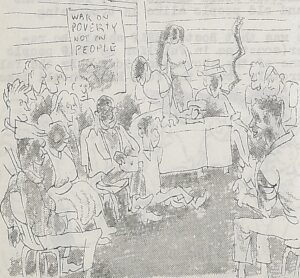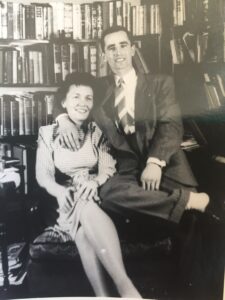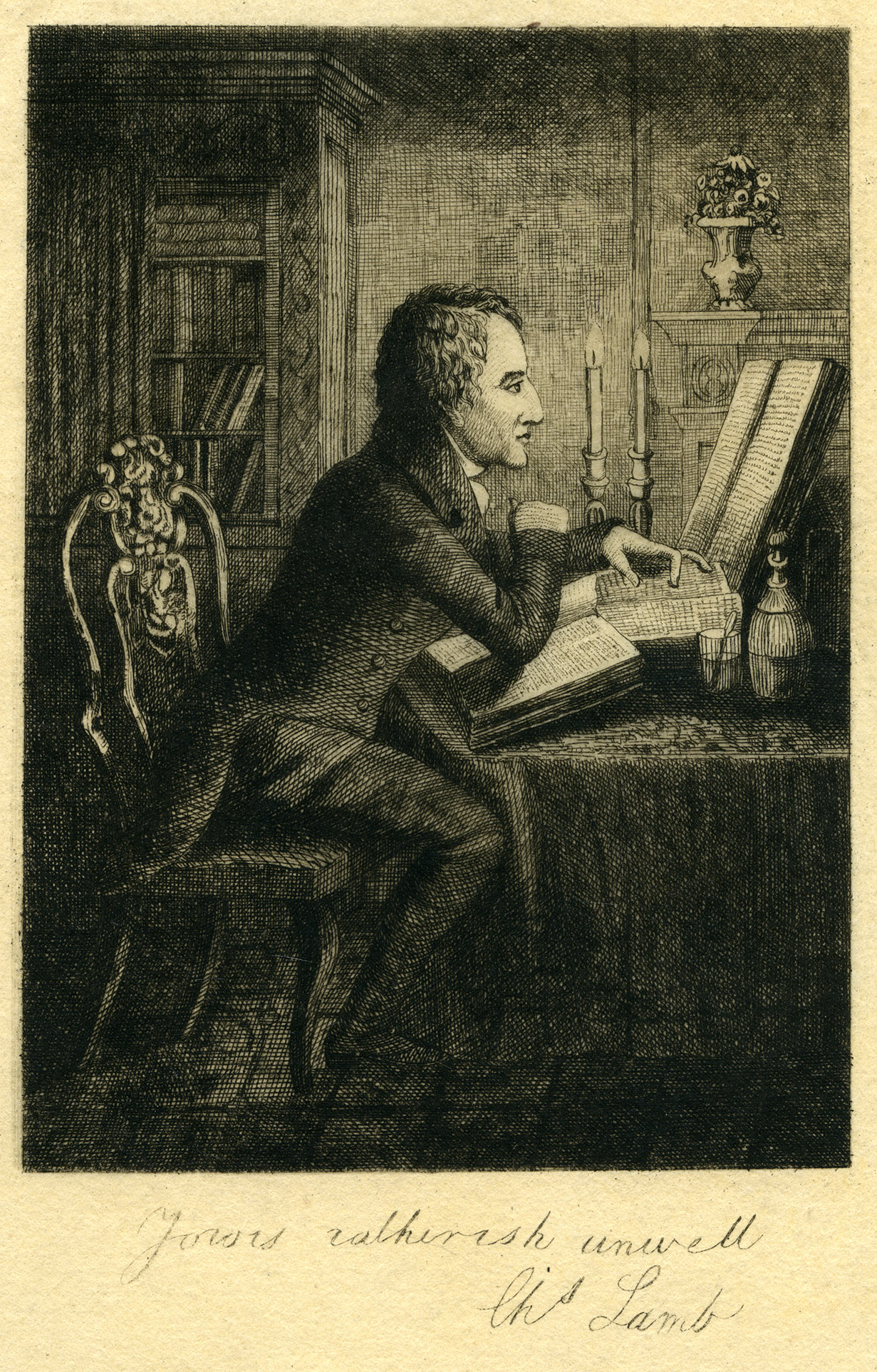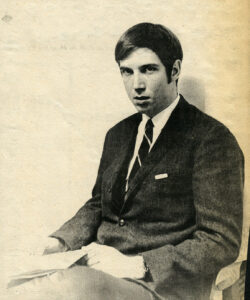Men's Resource Center Records
In 1982, Steven Botkin, who had done his doctoral work in the social justice program at UMass Amherst’s School of Education, co-founded the Men’s Resource Connection (MRC) in Amherst, Mass., to promote healthy ideas of masculinity and male leadership by challenging harmful stereotypes involving violence, sexism, and oppression and creating a local network of men as well as of men and women. In 1983 MRC started a newsletter, Valley Men, which became the magazine Voice Male, with a circulation of 10,000. Incorporated as a nonprofit in 1988, MRC developed programs to serve and educate men, with a focus on violence and domestic violence in particular, notably Men Overcoming Violence (MOVE), later called Moving Forward. In 1993 the MRC changed its name to the Men’s Resource Center of Western Massachusetts, and by 2005 it was known as the Men’s Resource Center for Change. Both a social service agency and a social justice organization, MRC made an impact in communities around and far beyond western Massachusetts. It offered workshops, classes, support groups, trainings, and consultations for adult men and youths, on issues relating to violence, anger, surviving abuse, emotional well-being, race, fatherhood, sexuality, and more. In 2016, after several years of financial struggle in the wake of the recession of the late 2000s, MRC announced its plans to merge with Men’s Resources International (MRI), founded by Botkin in 2004, to form MERGE for Equality, Inc. Voice Male, now a national magazine, has a robust online presence as an independent publication.
The MRC Records span most of the organization’s history and include correspondence and memos, background reading and training material, fliers and other ephemera, annual reports, newsletters and copies of Voice Male, clippings (including Voice Male articles organized by subject), and audio and video tapes.




